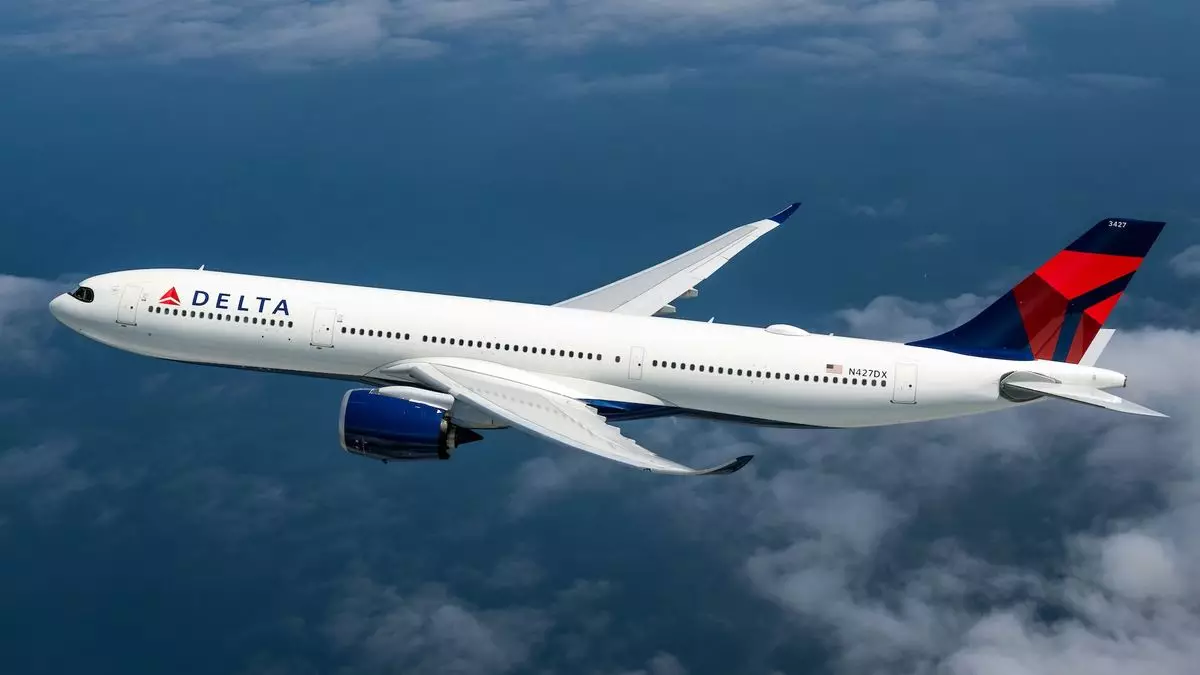Delta Airlines is facing ongoing operational challenges, which initially began with the CrowdStrike outage on July 19th. These difficulties have now persisted for five days, causing significant disruptions to the airline’s schedule. As of 12:30 p.m. Eastern time, Delta had already canceled 460 mainline flights on Tuesday, amounting to 13% of its overall schedule. Additionally, 21% of Delta’s flights were delayed. While cancellations by Endeavor, a subsidiary of Delta, had decreased slightly, with only 2% of its schedule affected on Tuesday. The impact of the CrowdStrike failure on Delta’s IT systems required manual repairs and reboots, causing further delays in the recovery process.
Delta Airlines has assured customers that it will compensate them for the inconveniences caused by the operational disruptions. Impacted customers can expect to receive SkyMiles points or travel vouchers based on the extent of their affected travel. The airline has also committed to reimbursing customers for hotel, meal, and ground transportation expenses incurred during the disruptions. Furthermore, passengers with canceled or significantly delayed flights have the option to request a refund through delta.com/refund. Despite these measures, some customers, like Diamond Medallion holder Akhtar Nawab, have expressed dissatisfaction with Delta’s response to the situation. Nawab’s personal experience of enduring lengthy delays and inadequate support from customer service has highlighted the shortcomings in Delta’s crisis management.
Insufficient Preparedness and Communication Challenges
One of the key issues faced by Delta during this crisis is the lack of redundancy in its systems that could facilitate a quicker recovery from third-party outages like the CrowdStrike incident. Customers have reported difficulties in obtaining timely and accurate information from Delta’s digital tools, which have been overwhelmed by the volume of inquiries and rebooking requests. Despite efforts to notify customers about delays and cancellations via text and the Fly Delta app, the airline has struggled to effectively manage the situation. Questions have been raised about Delta’s preparedness for such scenarios and the adequacy of its communication with affected passengers.
Delta Airlines is gradually making progress in resetting its operations after a challenging period of widespread cancellations and delays. While the airline canceled over 1,000 mainline flights on Monday, the rate of cancellations on Tuesday has slowed down, indicating a positive trend towards recovery. However, concerns remain about the timeline for full restoration of services and the potential impact on future travel plans. The travel waiver issued by Delta in response to the disruption is set to expire on July 23rd, with fare differences waived for rebookings until July 28th. As Delta continues to navigate through these operational difficulties, the focus remains on restoring normalcy and regaining the trust of its customers.


Leave a Reply